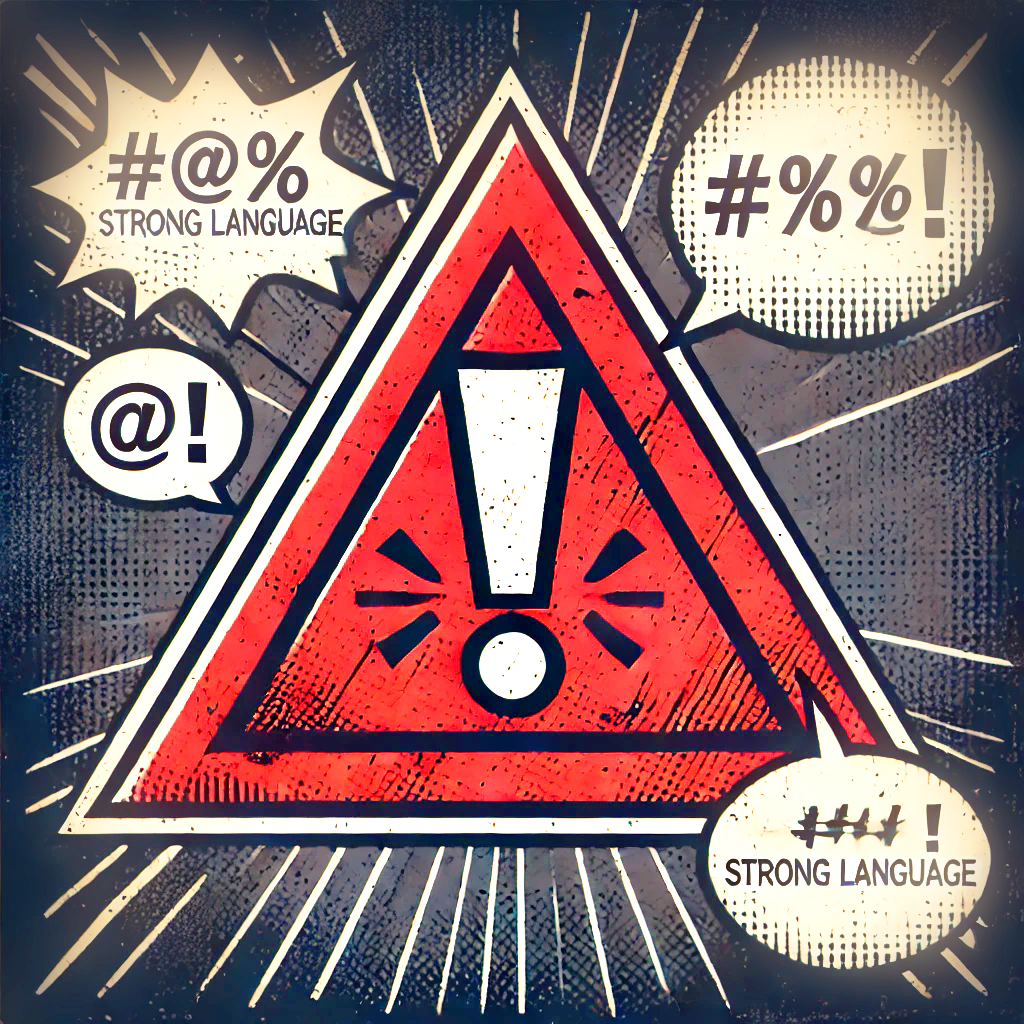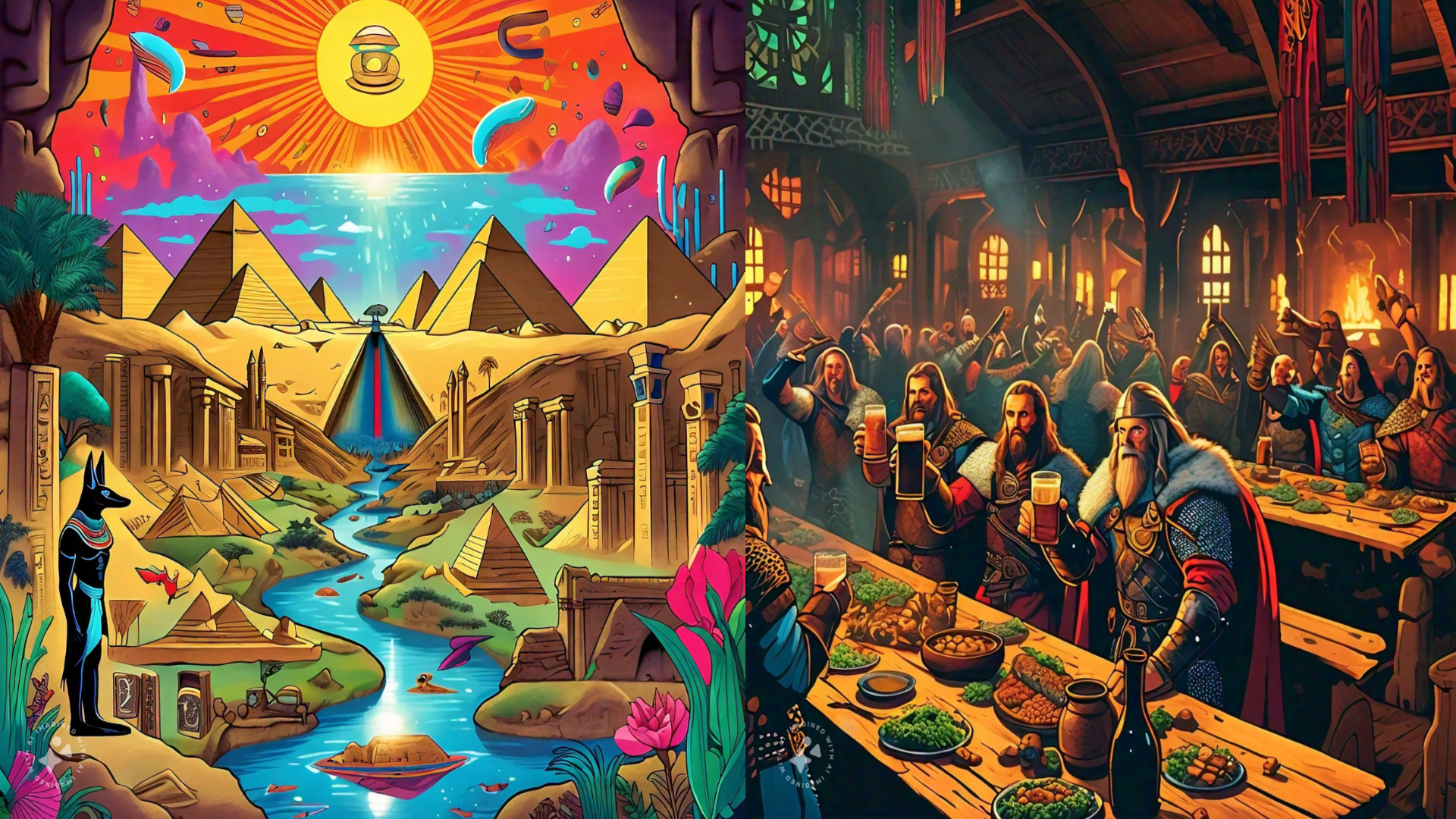Ah, the afterlife. That great unknown looming over us—not quite like a “sword of Damocles,” mind you, but close enough to make us wonder, “What happens next?” And let’s face it, humans have been asking that same question since we first looked up at the stars. Fortunately, religions across the ages have been more than happy to provide answers—or, at the very least, a few intriguing guesses.
As a retired Anglican minister (though these days I prefer the term “free-range thinker”), I’ve spent years wrestling with these ideas. And what I’ve found is a wonderfully chaotic buffet of heavenly rewards, fiery pits, and everything in between. It’s not just Christianity, either—this obsession with the afterlife is universal, baked into the stories and beliefs of cultures around the world.
Take the ancient Egyptians, for example. They were utterly fixated on the afterlife, with elaborate rituals for judgment and mummification to ensure safe passage through the underworld. Imagine standing before Osiris while your heart is weighed against a feather. Talk about performance anxiety! And if you failed? Well, say hello to Ammit—a terrifying creature with the head of a crocodile and the backside of a hippo—who’d happily devour you. Not exactly my idea of a fun afterlife.
The Greeks had their own take. For the virtuous, there were the Elysian Fields, an eternal springtime paradise—though the toga situation might have gotten a bit chilly after a few centuries. On the flip side, there was Tartarus, a deep abyss reserved for the worst offenders. You’ve got to hand it to the Greeks—they loved their dramatic contrasts.
Meanwhile, the Mesopotamians weren’t quite so optimistic. Their afterlife, called Kur, was a gloomy land of dust and shadows. It makes you appreciate the little things in life, doesn’t it? Sunshine, a good cup of tea—suddenly they seem like treasures.
And then, of course, we have the Norse, who dreamed of Valhalla—a great hall where fallen warriors feast and fight for eternity. Now that sounds fun, though I do wonder about the noise. Tankards clinking, swords clashing… You’d need some serious earplugs for that kind of racket.
The indigenous cultures of the Americas offer a different kind of paradise. The Happy Hunting Ground promises a spiritual realm with plentiful game. Lovely, though I’m not sure spending eternity chasing buffalo is quite my speed. A bit strenuous for an old chap like me.
In the Far East, Taoism offers a more peaceful approach. The ultimate goal is to become one with the Tao, the underlying principle of the universe. It sounds quite serene, though I do wonder—what does one do with infinite time? Perhaps an endless game of cosmic chess?
Of course, Christianity, my old stomping ground, has its own well-known views. Heaven offers eternal bliss in the presence of God, while Hell threatens eternal damnation. It’s a bit of a binary setup, don’t you think? And those pearly gates? A tad ostentatious if you ask me. One wonders about the maintenance costs.
Even within Christianity, beliefs have evolved. Early Christians, influenced by Greek philosophy, debated whether the soul was immortal or if the body would be resurrected. Over the centuries, theologians argued fervently about heaven, hell, purgatory, and limbo—often with the intensity of a rugby match.
Then along came spiritualism in the 19th century, with its séances and Ouija boards. Imagine chatting with your great-aunt Mildred through a planchette. Though, of course, one has to wonder—”Auntie Mildred, is that really you, or just the neighbor’s cat messing with the board?”
Despite all these variations, one thing remains constant: the human desire to find meaning in death. Whether we dream of paradise, fear punishment, or hope for peaceful oblivion, we all grapple with the same questions.
So, what’s the takeaway? Well, I’d say this: Don’t be afraid to question, explore, and challenge the old narratives. The afterlife—like life itself—is a mystery. Embrace the uncertainty, celebrate the diversity of beliefs, and carve out your own path through this labyrinth of human thought. And just in case eternity turns out to be longer than expected, pack a good book. You never know how long you’ll be waiting.
Retired Anglican Minister & Resident Mythbuster. John shares unconventional views on theology, challenging traditional Christian beliefs and advocating for a return to the teachings of Jesus and the ideals of the early Church of Jerusalem. His thought-provoking perspectives often spark discussions and controversies.




Leave a Reply